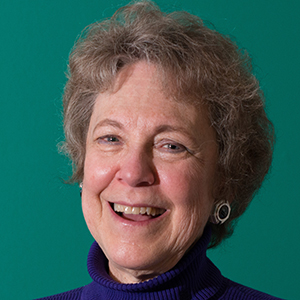
Deborah J. Cornwall Photo by Debi Cornwall
THERE IS NO SCHOOL that prepares you to take care of someone with cancer. No certificate says you’ve learned all you’ll need to learn or that your body and soul are in shape for the physical and emotional stresses to come.
Caregivers navigate an ambiguous path toward an unknown outcome. They invent on the fly and are constantly on the move, facing stress that can feel endless. But despite the wear and tear, and regardless of your loved one’s cancer outcome, you may be surprised to discover that your post-caregiving life is richer.
Discovering Inner Strength
First, you may realize your capacity to make a difference.
You’ll look back at new skills, like giving injections and intravenous fluids, or changing surgical dressings—things you once thought you couldn’t handle. You’ll remember that unexpected spurt of adrenaline that kicked in just when you were feeling bone-tired but the person you were caring for faced an unexpected emergency. You’ll reflect on the many decisions you helped make quickly to avert a crisis or improve your loved one’s quality of life.
In short, you may realize that you’ll never again say “I can’t,” because you did once before and may never be so challenged again.
Redefining Normal
After treatment ends, you may experience withdrawal from caregiving’s schedule, anxiety and concerns. Initially you may worry whether your mom’s cancer will come back, how you’ll handle the anniversary of your spouse’s death or what you’ll do to fill the time that was once reserved for caring for your loved one.
Over time, you’ll be able to put those nagging concerns in a box of their own. You can help move the process along by re-establishing your own identity separate from your caregiver role. You might take up a hobby or sport that you loved in the past, find a new job or pursue the advanced degree you put on hold. Depending on your talents, you might write poetry or paint, or you could join a local group that shares your interests.
Rearranging Priorities
Once you’ve stood by someone with cancer, you’re likely to stop sweating the small stuff such as traffic jams, intrusive phone calls or toxic people. You may be able to focus on what matters most. You may spend more time with loved ones, engage in activities that inspire you, build new and satisfying friendships or even take on cancer as a cause.
Caregiving—despite all its stresses and setbacks—may well enrich you and prepare you for life’s next joys and challenges, no matter what comes your way.
Cancer Today magazine is free to cancer patients, survivors and caregivers who live in the U.S. Subscribe here to receive four issues per year.




